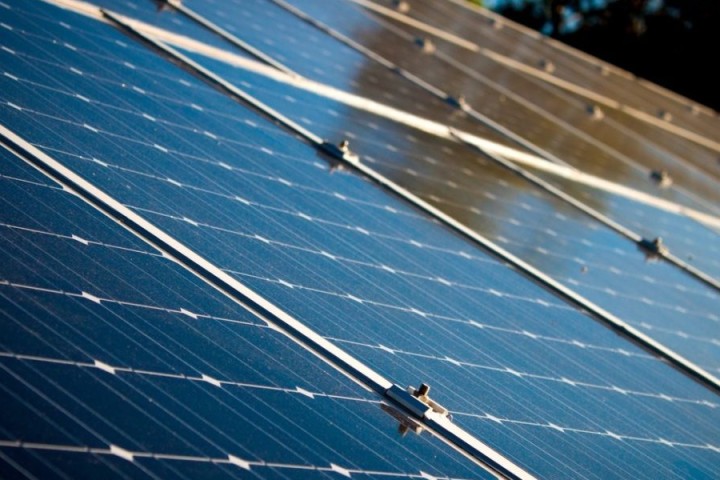India’s Largest Utility Provider Sets Ambitious Renewable Energy Goal

NTPC aims to have as much as 60 gigawatts (GW) of installed renewable energy capacity by 2032, up from a previous target of 32 GW, finance director A.K. Gautam said on the call, as carried by Bloomberg.
The largest Indian utility, however, is still reviewing how the new ambitious renewable energy goal would change its previous plans for raising total installed capacity to 130 GW by 2032, of which thermal power generation would have represented 70 percent.
Currently, NTPC has a total installed capacity of 65.8 GW, of which coal-fired power generation accounts for around 54 GW.
Under the previous plan, NTPC was looking to “make its energy portfolio greener” by adding significant capacities from renewable energy sources to raise the share of renewables to almost 25 percent of its overall power generation capacity.
The more ambitious target highlights the trend of utilities around the world—even in India, where coal is still king—to target more capacity additions from clean energy to keep their “license to operate” and access to funding.
India, however, is not ditching coal, at least not in the near term. Neither has it set a net-zero target such as the other major developing Asian economy, China, which has pledged net-zero by 2060.
Earlier this year, state miner Coal India approved as many as 32 new coal mining projects worth a total investment of US$6.4 billion, as one of the world’s largest coal consumers, looks to reduce reliance on imports as its coal demand continues to grow.
India’s lockdown to contain the pandemic reduced its coal demand last year, but coal use is anticipated to increase by 3.8 percent this year, the International Energy Agency (IEA) said in its annual Coal 2020 report in December.
“In the medium term (to 2025), India has one of the highest potentials to increase coal consumption as electricity demand rises and more steel and cement are required for infrastructure projects,” the IEA said.

